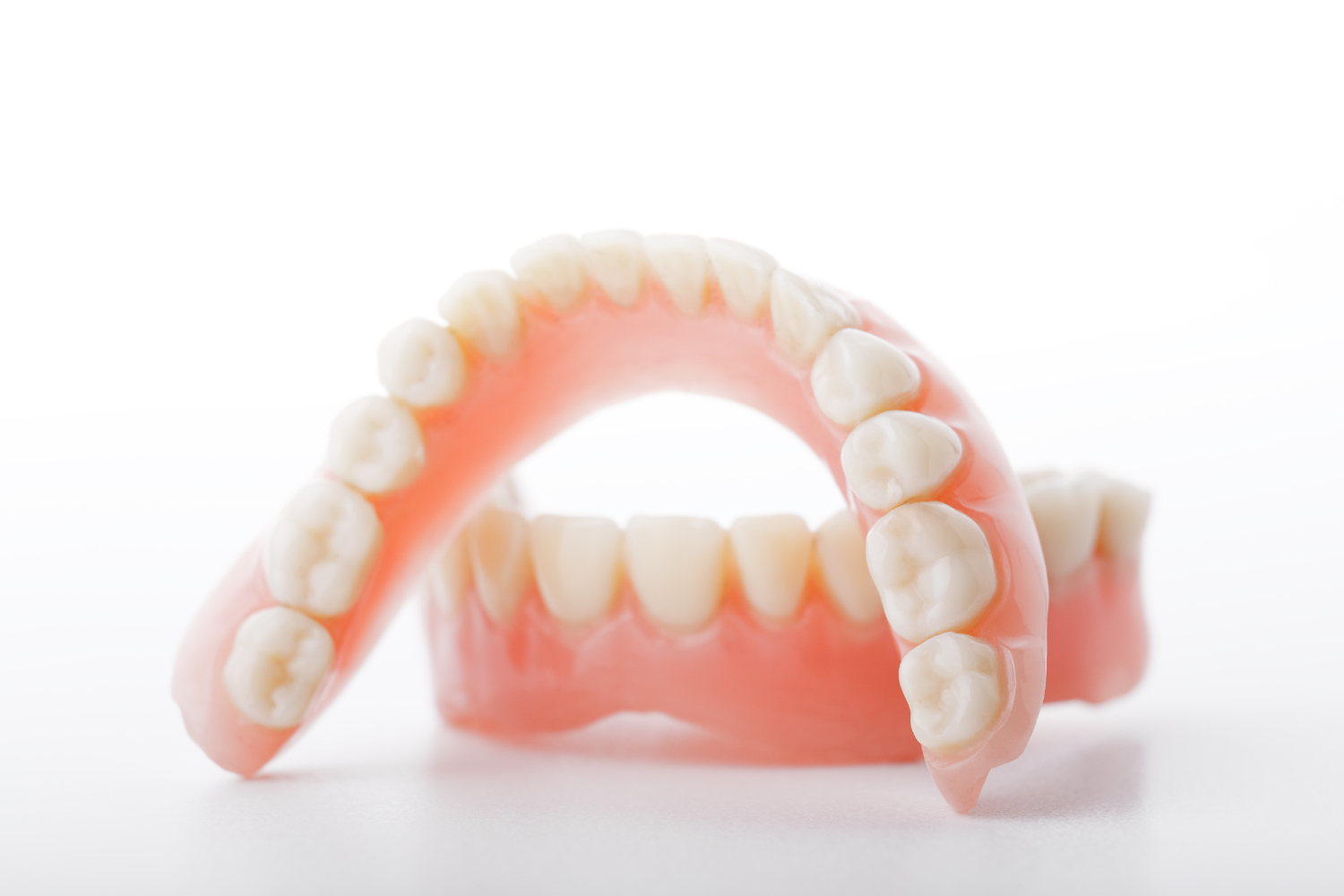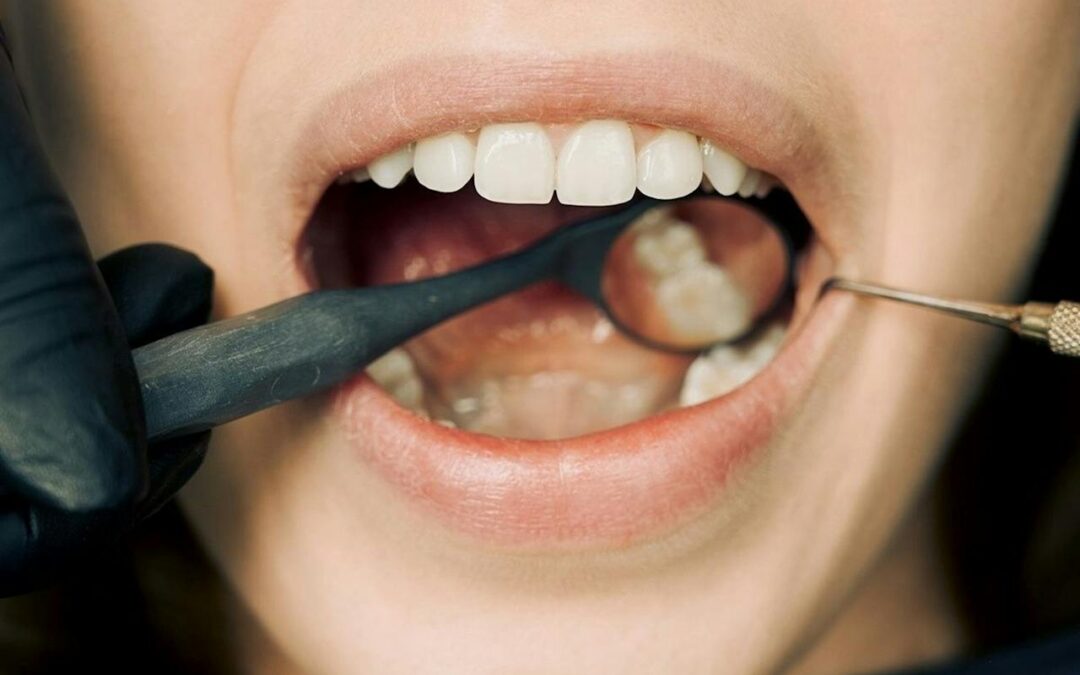Understanding dentures and partials can help you make informed decisions about your dental health. Dentures are removable appliances that replace missing teeth and restore your smile. They can improve your ability to eat, speak, and maintain the shape of your face.
In this guide, we will explore the different types of dentures, the process of getting them, how to care for them, and what signs indicate you might need them. Understanding these aspects will help you choose the right option for your needs and maintain a healthy, confident smile.
Different Types of Dentures
Full Dentures
Full dentures are designed to replace all the teeth in your upper or lower jaw, or both. They are made from acrylic and can mimic the look of natural teeth and gums. Full dentures rest directly on your gums and are held in place by natural suction or a dental adhesive. For some, dental implants are used to anchor full dentures securely.
When you lose all your teeth, full dentures can restore your smile and improve facial structure. They make it easier to eat and speak, boosting your confidence. However, it can take time to adjust to full dentures. You might feel some discomfort initially, but this usually subsides as you get used to them.
Partial Dentures
Partial dentures are used when you still have some natural teeth remaining. They fill in the gaps left by missing teeth and help keep your remaining teeth from shifting. Partial dentures usually have a metal framework with acrylic that matches your gums and holds the artificial teeth. We also offer all-acrylic partials, which look more aesthetic than the metal + acrylic partials, but retention of the metal + acrylic partials tends to be more favorable compared to all-acrylic partials.
Partial dentures are attached to your natural teeth with metal clasps or precision attachments. These dentures improve chewing and speaking, help maintain your natural bite, and can also improve your dental aesthetics. Like full dentures, partials must be cleaned regularly to keep them in good condition.
Steps to Getting Dentures
Initial Consultation
The first step in getting dentures is an initial consultation with your dentist. During this visit, the dentist will examine your mouth, take X-rays, and maybe even make a mold of your teeth and gums. This helps determine the best type of denture for your needs. The dentist will also discuss your oral health history and any concerns you might have.
Based on this evaluation, your dentist will recommend the type of dentures that suit you best. This is a good time to ask any questions about the process, costs, and what to expect.
Taking the Impressions
After your initial consultation, the next step is taking the impressions. The dentist will use a soft, pliable material to take an exact replica of your gums and any remaining teeth. This mold will be sent to a dental lab where your custom dentures are made.
This step is crucial because the impressions ensure that your dentures fit correctly. A good fit is important for comfort, function, and appearance. You might need to come in for multiple fittings to make sure everything is just right.
Fitting and Adjustments
Once your dentures are ready, you will return to the dentist for the fitting. The dentist will place the dentures in your mouth, check for proper fit, and make any necessary adjustments. This step may take some time, as the dentist fine-tunes the fit to ensure comfort and functionality.
You might need several follow-up visits for further adjustments, especially if you experience discomfort or trouble eating and speaking. It’s important to communicate any issues to your dentist so they can address them promptly. Regular check-ups will help keep your dentures in top shape and your mouth healthy.
Caring for Your Dentures
Daily Cleaning Routine
Proper care of your dentures is crucial to keeping them in good condition and maintaining your oral health. Clean your dentures daily to remove food particles and plaque. Use a soft-bristled toothbrush and non-abrasive denture cleaner. It is not recommended to use Regular toothpaste to clean your dentures because it can be too harsh, damage your dentures, and increase the likelihood of staining.
Handling Dentures Safely
Handle your dentures carefully to avoid damage. When cleaning your dentures, do it over a sink filled with water or a soft towel to cushion any accidental drops. Dentures can break if they fall on a hard surface. Always use both hands when handling your dentures to minimize the risk of dropping them.
When to See Your Dentist
Regular dental check-ups are important even if you have dentures. Your dentist will check your dentures’ fit and condition and overall oral health. Visit your dentist if your dentures become loose, cause discomfort, or if you notice any sores or irritation in your mouth.
Signs You Might Need Dentures
Difficulty Chewing
One of the first signs you might need dentures is difficulty chewing food. If you find it increasingly hard to eat foods that you used to enjoy, it could be due to missing or damaged teeth. Over time, this can affect your nutrition and overall health.
If you struggle to chew without pain, you might avoid certain foods, leading to a limited diet. Getting dentures can restore your ability to eat a balanced diet, making it easier to enjoy meals again.
Pain or Sensitivity
Experiencing persistent pain or sensitivity in your teeth and gums can also be a sign that you need dentures. This discomfort might happen when you eat hot, cold, or sweet foods. Sensitive teeth could mean that your teeth are decaying or your gums are receding.
If you often feel this kind of pain, it’s a good idea to consult your dentist. They can determine if dentures are the right solution for relieving your discomfort.
Conclusion
Dentures and partials can significantly improve your quality of life by restoring your ability to chew, speak, and smile with confidence. Understanding the different types of dentures and the steps involved in getting them helps you make an informed decision about your dental health. Proper care and regular dental visits are essential to keeping your dentures in good condition and maintaining a healthy mouth.
If you think dentures might be the right choice for you, reach out to Dr. Jordan M. Job DDS for a consultation. We are here to guide you through every step of the process, ensuring you make the best decision for your dental health. Call us today to schedule your appointment with our Parma dentist and take the first step towards a healthier, more confident smile.
















